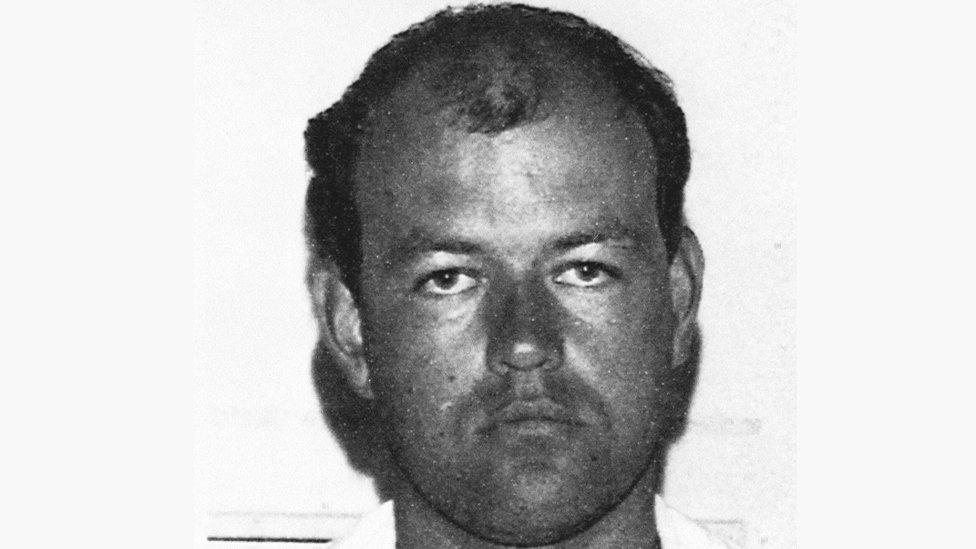Colin Pitchfork: Double child murderer denied prison release
- Published
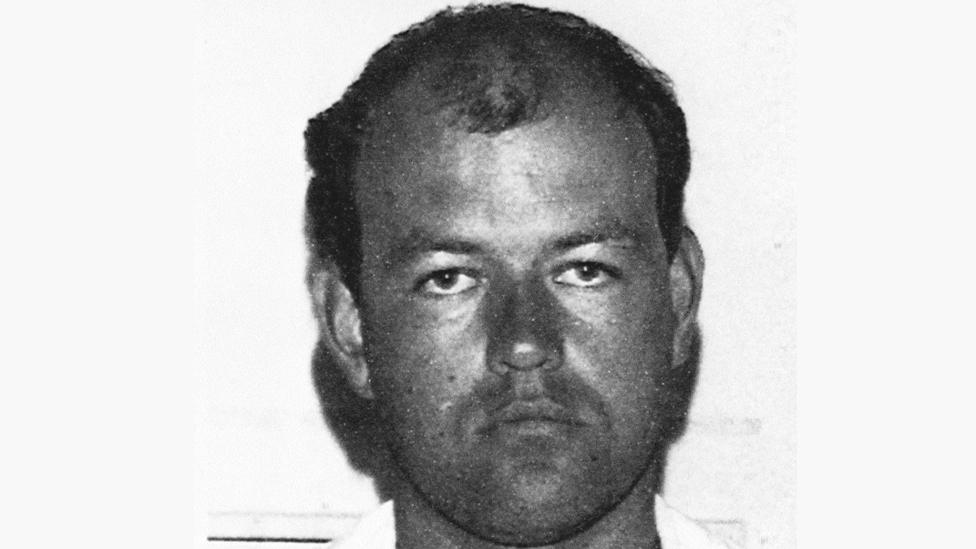
Colin Pitchfork was jailed for life for raping and strangling two 15-year-old girls, Lynda Mann and Dawn Ashworth
Double child murderer and rapist Colin Pitchfork will not be released from prison, the Parole Board has ruled.
Pitchfork was jailed for life for raping and strangling two 15-year-old girls, Lynda Mann and Dawn Ashworth, in Leicestershire in 1983 and 1986.
After being released and then recalled in 2021, the 63-year-old was again granted parole in June, but this decision was challenged by ministers.
Now the Parole Board has decided against releasing Pitchfork.
Pitchfork was the first murderer to be convicted using DNA evidence.
He was jailed for a minimum of 30 years in 1988, but this was later reduced to 28 years for good behaviour.
When Pitchfork was originally deemed suitable for release in 2021, he had served 33 years.
The decision to keep him in prison, announced on Thursday, is provisional for 21 days - during which time Pitchfork can appeal.
Dawn's mother Barbara Ashworth told the PA News agency she did not wish to formally comment until the 21 days had passed, but said prison was "where he [Pitchfork] needs to be".
Philip Musson, Dawn's uncle, said he was "hugely relieved" by the decision.
He told the BBC: "I just breathe a sigh of relief for the community and the children and families he would have been reintroduced to had his parole claim been successful."
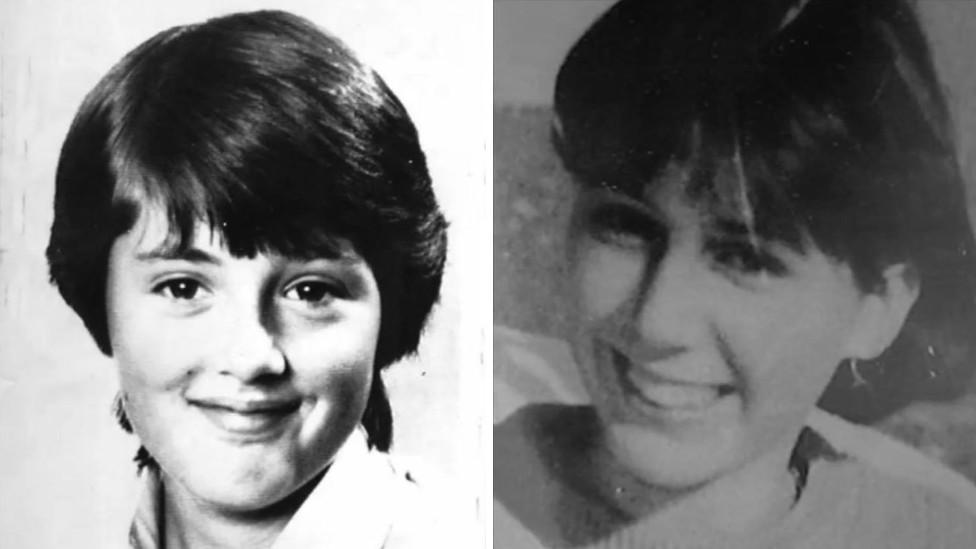
Dawn Ashworth and Lynda Mann were raped and murdered by Pitchfork
After his release in September 2021, Pitchfork received warnings for his attitude towards probation, and for speaking to a lone woman in a car park.
There were also concerns he was not complying with polygraph tests - a condition of his release.
It was also reported he had been walking "aimlessly" in forest and park areas, claiming to pick litter.
But after his recall two months later, it was established he had not gone anywhere he was not allowed to visit, and the polygraph condition was, in fact, unlawful.
The Parole Board concluded his recall was not appropriate.
Earlier this year, the board had ruled Pitchfork could be released, but concerns about the danger he posed caused Justice Secretary Alex Chalk to intervene, making what is known as an "application for reconsideration" in July.
A judge, when asked to reconsider the June decision to release, agreed it was "irrational", leading to a new panel hearing.
The hearing took place over three days on 2 October, 3 October and 6 November.
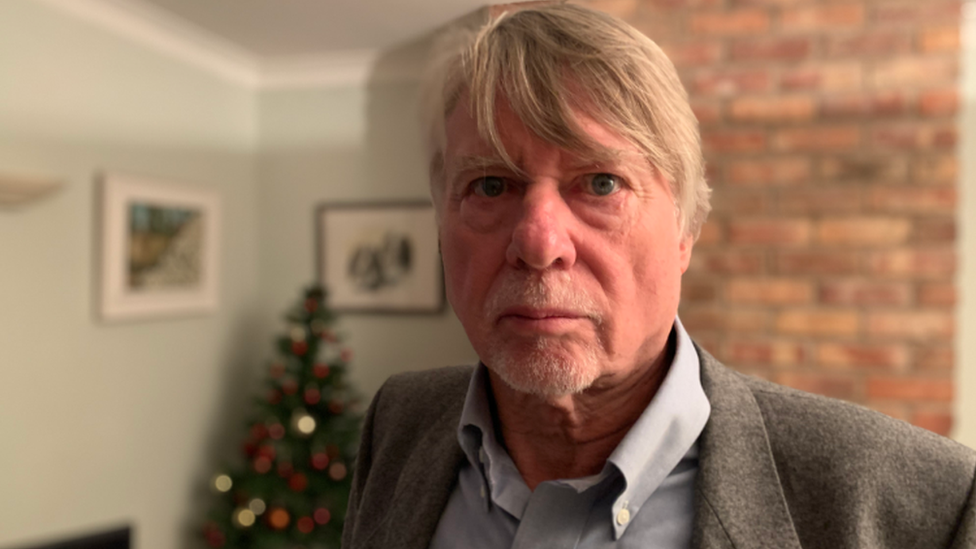
Dawn Ashworth's uncle Philip Musson welcomed the decision
In a statement, the Parole Board said: "After considering the circumstances of [Pitchfork's] offending, the progress made while in custody and on licence and the evidence presented at the hearing, the panel was not satisfied that release at this point would be safe for the protection of the public.
"Nor did the panel recommend to the Secretary of State that Mr Pitchfork should be transferred to an open prison.
"In the panel's view, there remains a need for Mr Pitchfork to complete further work to address the identified risk factors in his case and it determined that this work should be undertaken in a closed prison."
It added: "The panel was concerned that there was an absence of current information about Mr Pitchfork's attitude towards sex, his thinking and his beliefs.
"Having explored this at the hearing, the panel could not be wholly satisfied whether the behaviours that caused Mr Pitchfork to offend were no longer present.
"The panel also identified concerns about his behaviour in prison since his recall and what it considered to be protracted and inconsistent explanations from Mr Pitchfork about his time on licence.
"Having heard his evidence, the panel did not consider that he was being open and honest."
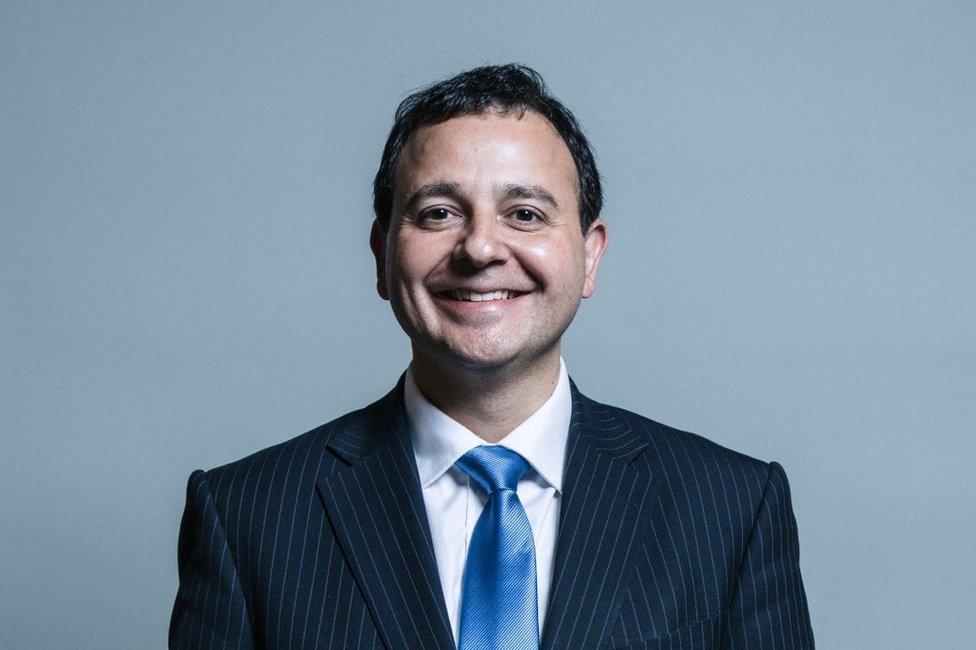
South Leicestershire MP Alberto Costa has campaigned against Pitchfork's release
South Leicestershire MP Alberto Costa has campaigned to keep Pitchfork behind bars.
He said: "I am pleased with the Parole Board's new decision and I am grateful to Alex Chalk MP, Justice Secretary, for listening to me and the people of South Leicestershire and applying to have this case reconsidered.
"This is welcome news for my constituents and the families of Dawn and Lynda, whose suffering will ultimately always outweigh Pitchfork's punishment."
Pitchfork and the bereaved relatives of Dawn and Lynda have been notified of the decision, Mr Costa added.
Lord Chancellor and Justice Secretary Alex Chalk said: "I asked the Parole Board to reconsider the release of Pitchfork this summer and I welcome their decision to keep him behind bars.
"This government is clear that offenders who have committed the most heinous crimes should see out the rest of their days behind bars.
"That's why we are changing the law so that for society's most depraved killers, life means life."
By law, the secretary of state must refer Pitchfork again to the Parole Board in time for his next parole review, to be completed within two years.

Colin Pitchfork: Two brutal murders
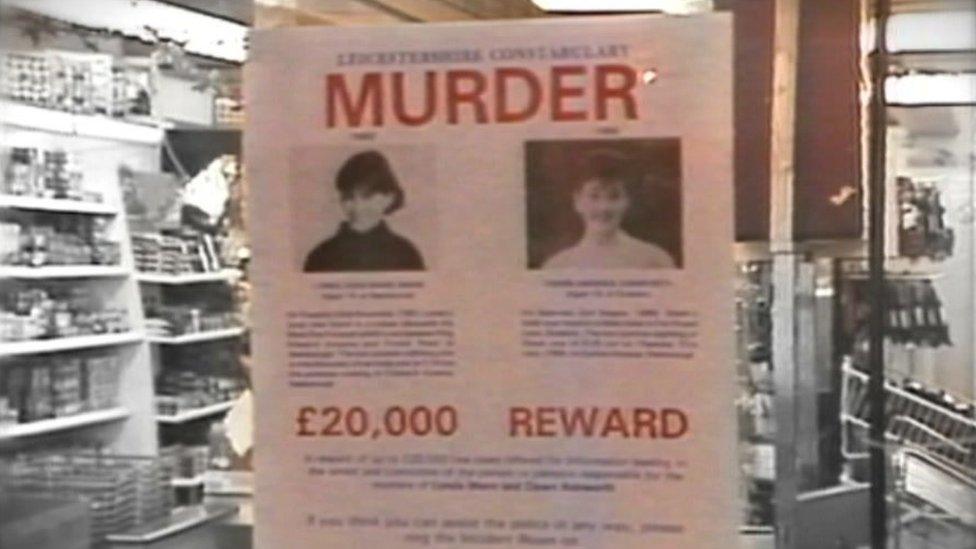
Colin Pitchfork, 22 at the time of the first murder, was married with two sons. He was a baker who grew up in rural Leicestershire and lived in Littlethorpe
In November 1983 he left his baby son sleeping in the back of his car and raped and strangled 15-year-old Lynda Mann in Narborough. He then drove home and put his son to bed
Three years later, less than a mile from where Lynda died, he raped and murdered Dawn Ashworth, also 15, of Enderby. The pathologist who examined her body described it as a "brutal sexual assault"
A police investigation initially led to the wrong person, a local 17-year-old who falsely confessed to one of the killings. After an unprecedented mass screening of 5,000 men using pioneering "DNA profiling" technology, Pitchfork was eventually caught. At first, he had evaded justice by persuading a colleague to take the test for him
He pleaded guilty to both murders in September 1987 and was sentenced to life in January 1988. The judge said the killings were "particularly sadistic" and he doubted Pitchfork would ever be released
In 2009, his 30-year life tariff was reduced by two years, external for "exceptional progress" - a decision that was strongly criticised by the families of his victims
He was moved to an undisclosed open prison at some point prior to 8 January 2017, after his request for release

Follow BBC East Midlands on Facebook, external, on X, external, or on Instagram, external. Send your story ideas to eastmidsnews@bbc.co.uk, external.
Related topics
- Published15 September 2023

- Published3 July 2023

- Published15 June 2023
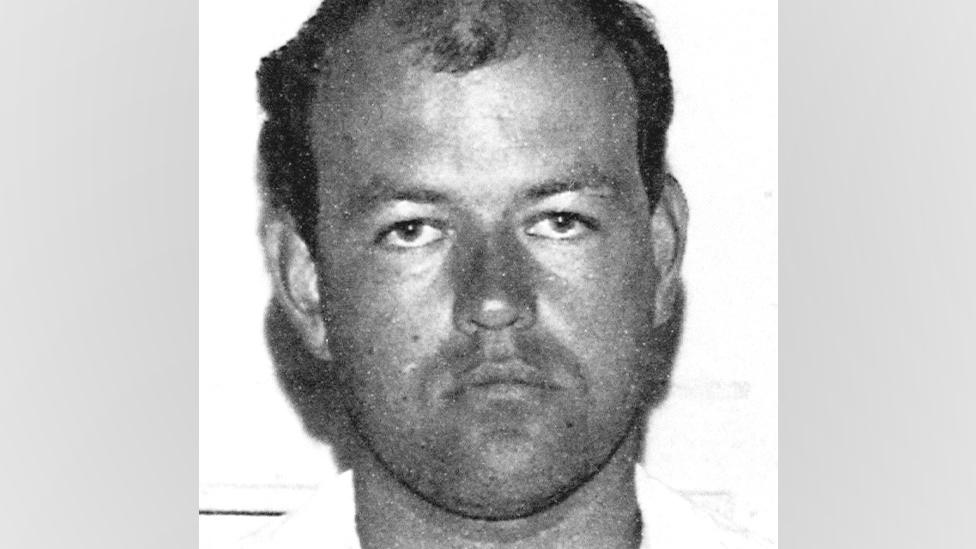
- Published7 March 2023

- Published7 December 2022
